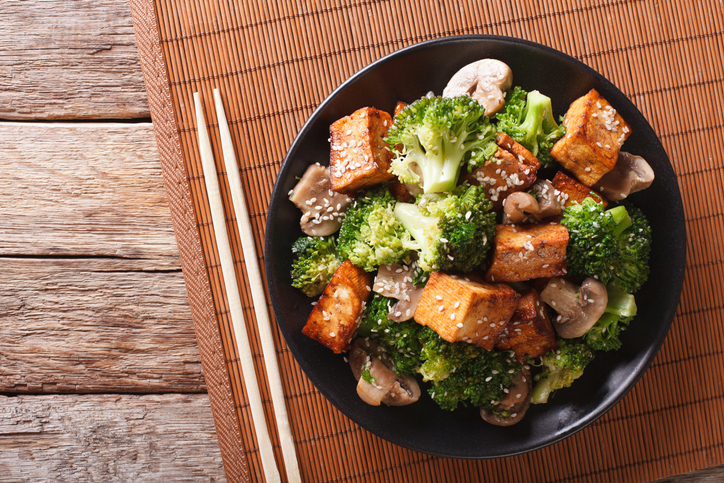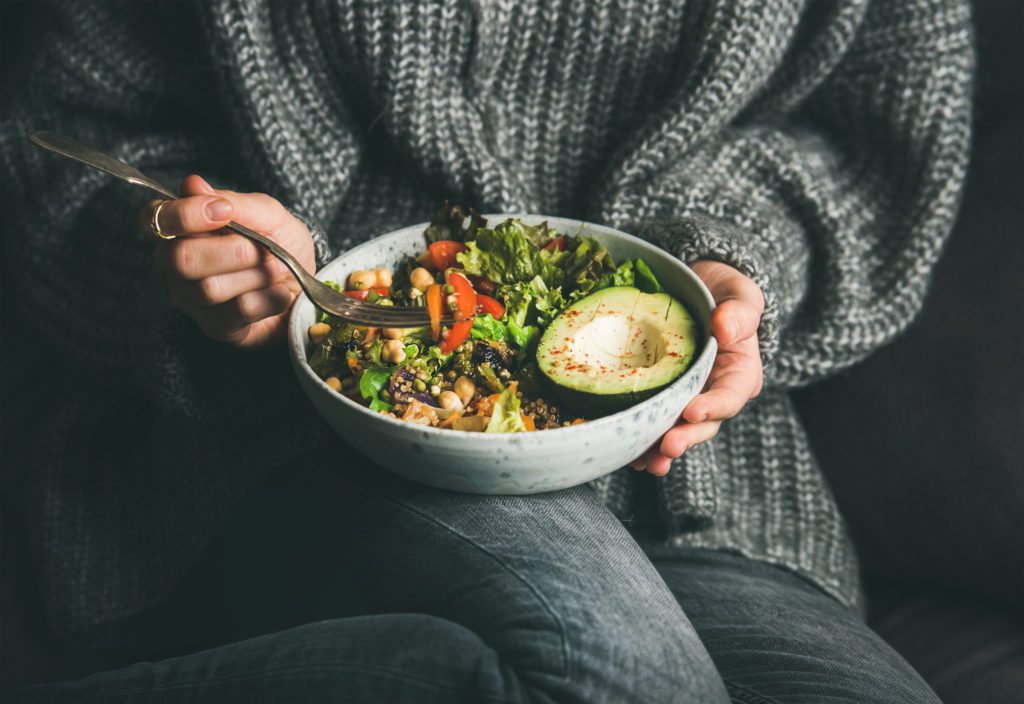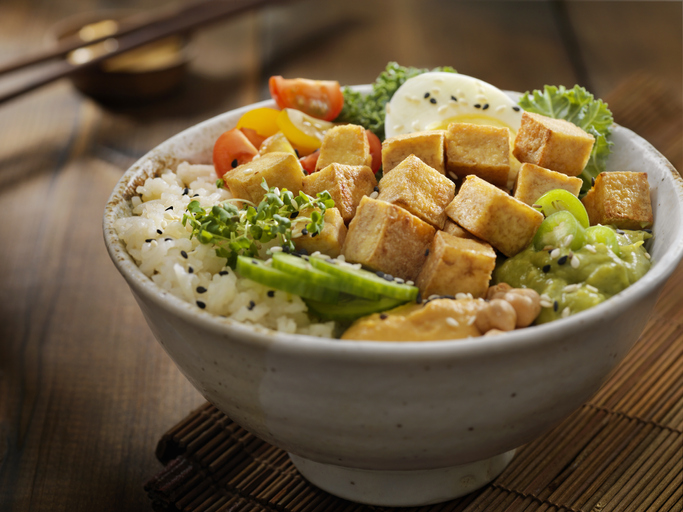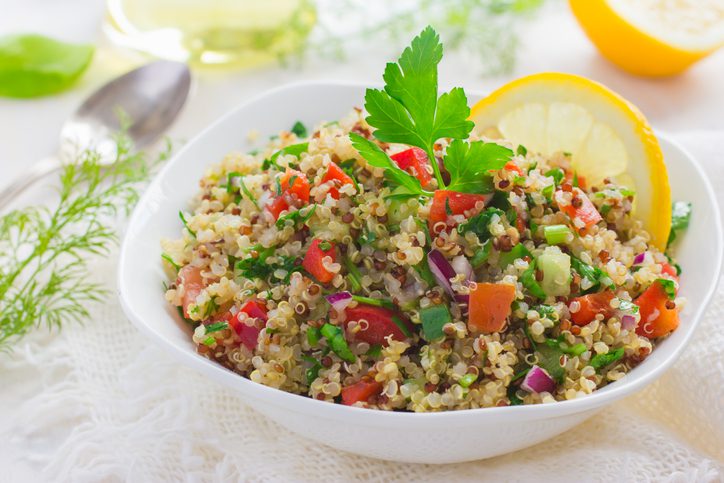Navigating the world of plant-based proteins
When it comes to making sure you get high-quality protein in a vegetarian diet, diligence is needed

In the past decade, plant-based diets have been put forth as been a nutritious alternative to the highly processed Western diet. One such movement has been a push towards more plant-based proteins. While there may be many skeptics as to whether a plant-based diet can support the demands of endurance training, there is often the debate as to where people get their protein from when substituting in more plant-based meals.
Soy-products misunderstood, yet caution is needed
One commonly misunderstood debate is surrounding tofu and other soy-based foods (i.e. tempeh). In the late 2000s, a study was published raising concerns about soy-based foods and reproductive health. Many news outlets over-generalized the findings with headlines like “vegetarian diet may make men less fertile” without accurately and diligently interpreting the findings. As well as accounting for the vast limitations of the study, including the number of participants and their characteristics – obese/overweight and patients of a fertility clinic – and the reported (retrospective) intake of soy products per day.
Related: Six performance benefits of adopting a plant-based diet
What this study does draw our attention to is that plant-based alternatives are not without caution, just like any diet. Balance and variety are required when looking to achieve a healthy diet.
Soy-products, the good
Soy products, like tofu or tempeh, unlike other plant-based alternatives to meat, are a complete protein. This means that they contain all essential amino acids. Meats, poultry and fish are all are complete proteins, however, when it comes to making sure you get high-quality protein in a vegetarian diet, diligence is needed. Soy-products provide that assurance that what you are eating is filled with protein – good protein that will help your body recover and repair damaged tissues after training.
Related: Canada’s Food Guide gets its first major update since 2007
Soy alternatives
If soy is so packed with protein and good protein, a person who has adopted a plant-based diet may become overly reliant on soy to get complete proteins. This may then increase the risk of unintended effects such as reproductive health – though this theory is more of a hypothesis and not enough conclusive evidence has been accumulated. However, like anything, too much of a good thing can be unhealthy. So what are some soy alternatives?
Tempeh and Edamame
Both tempeh and edamame are soy-based foods, however, they are more nutritious than tofu. Packed with more protein, fibre, and less processed, both are healthier alternatives to tofu – often seen as the ‘only’ soy-based product.
Quinoa, chickpeas, lentils and beans
Quinoa, a tiny seed is packed with protein and pairs wonderfully with lentils, beans and chickpeas. Ensuring you get all the nutrients and protein you need.
Broccoli
Yes, broccoli is a great tofu and soy alternative, highlighting the fact that you can get proteins from sources other than meat. A cup contains 5 grams of protein, and while you may not sit down a eat a whole cup, it pairs with other alternatives like hummus or quinoa, both in terms of taste and nutritional content.
Seeds, nuts and nut butter
These alternatives are packed with nutrients, and once again they complement different alternatives, as well as stand on their own as snacks throughout the day.
There are numerous other alternatives to soy products, and actually, the more you research what is in your food, the more you realize just how much protein we do consume and how we must fuel ourselves with the best possible nutritional content food we can.



